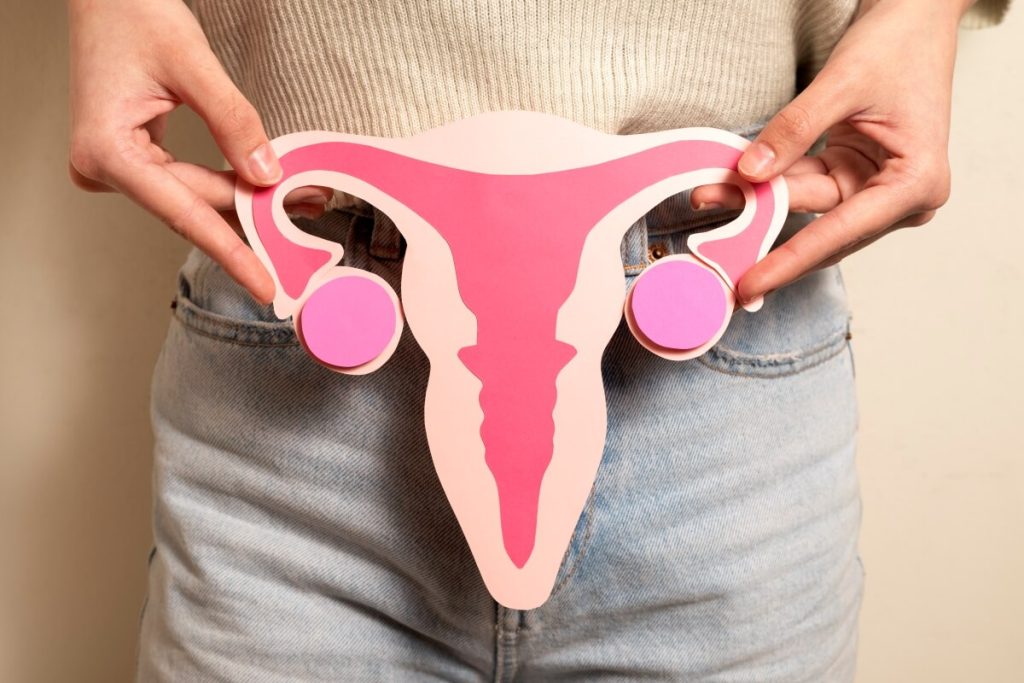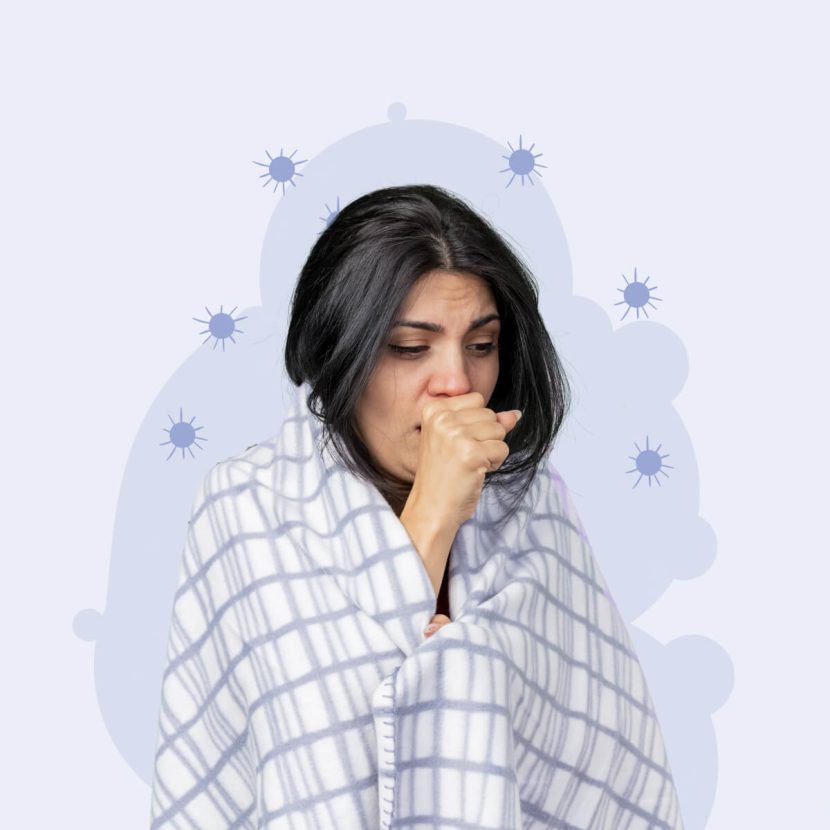Getting your period is bad enough for most menstruators.
Getting flu-like symptoms on top of that? FML x 10.
For many people, the monthly menstrual cycle brings about a range of physical and emotional changes; while some experience mild discomfort/flow, others find themselves curled up in their bed, cursing their misfortune of having a tantrum-throwing uterus. However, some (extremely) unlucky folk also find themselves grappling with a phenomenon often referred to as the “period flu.” Coined into existence to describe a collection of symptoms that mimic the flu, period flu can get you dealing with symptoms ranging from fatigue and body aches to headaches and digestive issues.
But what exactly is it and why does it happen?
____
First things first, period flu is not a legit medical term – it is just commonly used to describe a collection of flu-like symptoms that may pop up along with your menstrual cycle at times. The usual suspects include:
Fatigue:

You’ll feel the low energy and tiredness that comes with a fever without the evidence of temperature. In fact, many people experience severe fatigue during their menstrual cycle (it could be possibly due to hormonal fluctuations during the course of the 28-32 days that your cycle spans).
Body Aches:

Just like how your body parts may hurt during a flu bout, muscular discomfort and joint pain can be prevalent during some cycles. Good luck doing actions that you were doing with ease even a couple of days before.
Headaches:

Hormonal changes might sometimes trigger intense headaches or migraines during the menstrual cycle, intensifying the overall feeling of being down in the dumps.
Digestive Issues:

Oh, boy. If this happens to you, you have our sympathies. Some people may even experience mild to severe gastrointestinal symptoms like bloating, constipation, or diarrhoea. ‘Oh shit’ would be an appropriate term to say right about now.
____
There’s never one real, clear reason for period flu symptoms; several factors contribute to this, and understanding them can empower people to better manage their symptoms:
Hormonal Fluctuations:

The menstrual cycle, in short, is made up of a complex interplay of hormones, including oestrogen and progesterone – fluctuations in these hormones can lead to a range of physical, mental and emotional flu-like symptoms.
Inflammation:
Menstruation, at times, also triggers an inflammatory response in the body, which can contribute to flushed feelings of pain and discomfort.
Prostaglandins:
These hormone-like substances play a role in uterine contractions and can also affect other parts of the body, leading to symptoms such as nausea and diarrhoea.
____
Even though the period flu may be an unwelcome companion for many people, it’s essential to not let yourself get bogged down (we know it’s tough, but hey, we believe in you, you can do it!). By prioritizing self-care, maintaining a healthy lifestyle, and seeking support when needed, menstruators can navigate period flu challenges and and rise above like never before!




